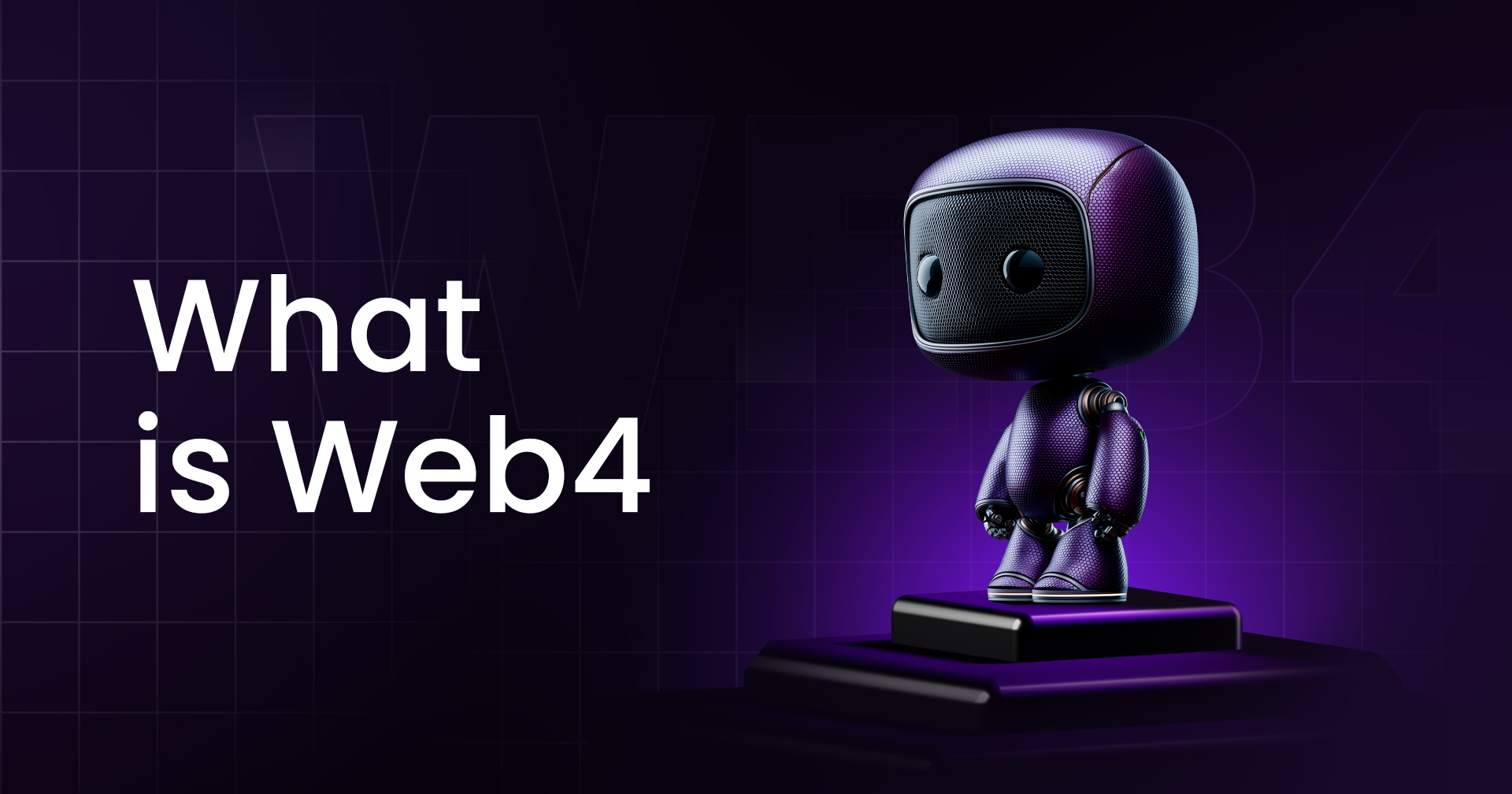
Web4: The Next Development in NFT Ticketing
In the rapidly changing world of digital technology, Web4 is a paradigm shift that has the potential to take NFT ticketing to new heights. Web4 places a greater emphasis on interoperability and seamless connectivity than its predecessor, Web3, which was mainly focused on decentralization and ownership. This article looks at how Web4 ideas will change the NFT ticketing market and open up new business prospects.
Knowledge of the Web4 framework
By introducing a comprehensive digital ecosystem where barriers between various platforms vanish, Web4 expands on the framework of Web3. Web4 offers us freedom and connection, just as Web3 gave us ownership. The smart, borderless, and user-controlled digital universe that is created by this evolution is especially advantageous for NFT ticketing systems.
These are some of the main features that set Web4 apart.
- Cross-chain compatibility
- Spatial computing integration
- Self-sovereign identity
- IoT synchronization
- User-controlled data flows
- AI-enhanced interactions
- Metaverse interoperability
- Spatial web standards
- Decentralized governance
- Real-time asset portability
NFT ticketing's useful applications in the Web4 era
The potential for NFT ticket utility is expanded beyond event access thanks to Web4's promise of interoperability. Examine these implementations.
Universal wallets for tickets
An interface that functions across blockchain networks allows attendees to store tickets from various providers. Such a solution was recently introduced by the Madrid-based company TicketMaster4.0, enabling users to concurrently manage tickets bought on the Ethereum, Solana, and Polygon networks.
Loyalty programs that span multiple platforms
Visitors who purchased NFT tickets from one festival were granted exclusive access to partner events on completely different blockchain infrastructures at the 2024 European Music Festival Circuit. The European Festival Association established interoperability protocols that showed how a fan's loyalty points could be tracked across various ticketing ecosystems.
Digital and Real-World Twin Events
This strategy was invented by the Brooklyn Nets, who created synchronized digital and physical experiences. Their NFT ticket holders could control an avatar in the virtual arena and attend games in person, with the two experiences influencing one another through Internet of Things connections.
Companies Driving the Revolution in Web4 Ticketing.
Numerous progressive companies are already incorporating Web4 principles into the ticketing industry.
Belong
Belong. has developed a ticketing ecosystem that automates entry procedures while preserving user data sovereignty, bridging the gap between physical and digital experiences. Using a single NFT ticket, their system for the 2024 Paris Summer Exhibition enabled visitors to move fluidly between digital extensions and real art installations.
MetaTix
MetaTix. crafted a ticketing protocol that enables event planners to design tickets that work on various metaverse platforms. With the help of their recent Virtual Music Awards implementation, tickets were made available to attendees in Decentraland, The Sandbox, and Spatial without the need for additional resources.
TicketsDAO
TicketsDAO. has led the way in establishing cross-chain governance for events run by the community. Through their system, NFT ticket holders from any supported blockchain can take part in the planning of events. Using this framework, ticket holders from three distinct blockchain communities were able to vote on lineup choices for the wildly popular Amsterdam Electronic Festival.
Opportunities and Difficulties for Ticketing Providers in Web 4
Businesses should be mindful of the following factors when utilizing Web4 for NFT ticketing.
Challenges:
- Technical complexity
- Standards adoption
- Identity verification
- Privacy balancing
- Scalability issues
- User experience design
- Legal frameworks
- Market education
- Infrastructure costs
- Security protocols
Opportunities:
- Secondary market control
- Data monetization
- Experience personalization
- Corporate partnerships
- Service extensions
- Fraud elimination
- Fan relationship deepening
- Revenue diversification
- Global market access
- Creator empowerment
When Can We Expect Complete Web4 Integration?
Aspects of Web4 are already being implemented by businesses like Belong, but complete implementation is still a ways off. According to top analysts, enterprise-level ticketing solutions will be able to use full Web4 infrastructure in three to five years.
Certain industries, especially sports and entertainment, will probably be early adopters of the shift, which is expected to happen gradually. Ticketing platforms will be in the best position to benefit from the Web4 revolution if they start putting interoperability standards into practice today.
Final Thoughts
The relationship between ticketing, events, and participants is fundamentally reimagined by Web4, which is more than just a technological advancement. NFT ticketing providers can produce more valuable, adaptable, and captivating experiences that cut across conventional lines by adopting the fundamental Web4 ideas of interoperability, AI integration, and IoT connectivity.
The message for ticketing companies is clear: Web4 isn't just coming; its initial implementations are already in place. In the next generation of digital experiences, where tickets become more than just access credentials—they become passports to an interconnected digital universe—those who recognize and adjust to this change will be at the forefront.